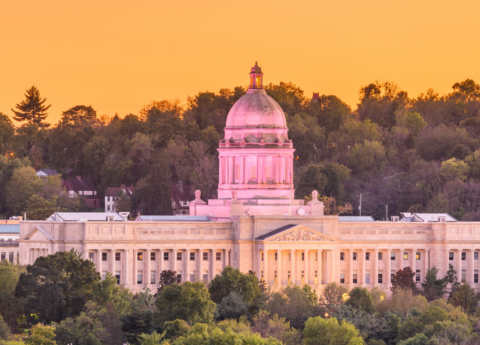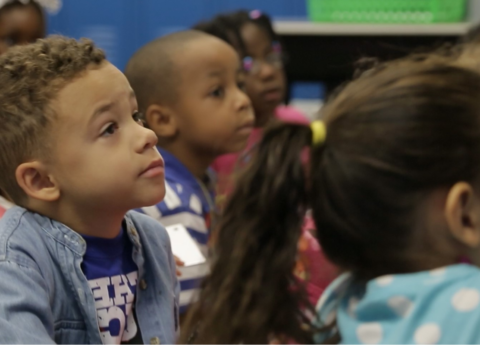“Nothing in life is certain except death and taxes.”
This common idiom, often attributed to Benjamin Franklin, but with roots tracing back decades prior, heaps the negative connotations of death onto the patriotic act of paying taxes. Though the comparison is weak, there is some truth to their interconnectedness.
Because the fact is, without taxes, our communities would die.
Local, state and federal taxes are what we all chip in to invest in the things that help us thrive together. Without taxes, we wouldn’t have a public education system, universities and community colleges, roads, sidewalks or parks. Without taxes, we wouldn’t have trained public health professionals to prevent and address disease outbreaks or safety net programs like unemployment insurance, health care and food assistance for families and communities facing hard times.
When we all chip in together, we get a lot done.
But when we cut taxes for the wealthy and let special interests insert more giveaways into our tax system, we lose the ability to work together and our public infrastructure crumbles.
For instance, Kentucky last year gave a huge tax cut to the wealthy and corporations while asking 95 percent of Kentuckians to pay more. And in the last month, the legislature pushed through more tax loopholes that overall give away $110 million – $56 million of which will go to banks that have seen profit margins grow year after year.
These are just the latest (and some of the most egregious examples of) tax expenditures passed year after year by the General Assembly. They have caused rounds of budget cuts and put more pressure on local governments, all while shifting to sources of revenue that rely more heavily on low- and middle-income families – even as the wealthy who are benefitting from them are also receiving a windfall from federal tax cuts passed in 2017.
We can see the repercussions in our inability to fund the Brent Spence bridge rehabilitation in northern Kentucky, in the dangerous state of our water and sewer systems in communities across eastern Kentucky and in the hampered response from our public health agencies to the Hepatitis A outbreak and opioid epidemic throughout Kentucky. And we can trace the roots of the pension funding challenge to the failure to make adequate payments to the system and the siphoning of tax revenue instead into tax credits and loopholes for special interests.
If we prioritized revenue for investments in our communities instead, where would we be?
Instead of talking about how educational attainment growth has stalled after years of cutting school budgets, we could be giving all our kids the bright start they deserve and continuing to make our way up the national rankings. Instead of increasing tuition at higher education institutions, we could be building a highly-educated workforce and allowing more young people to afford a mortgage instead of saddling them with student loan debt. Instead of watching communities and agencies lay off public employees who provide vital services, and in some cases, watch as they contemplate bankruptcy, we could be equipping well-trained and -paid police officers, teachers, librarians, firefighters, public health workers, mental health care and addiction treatment providers, and water, electric, broadband and road work contractors to provide a high standard of living to us all and to keep our beautiful state a place we all want to call home.
Legislators will face an annual structural deficit reaching into the hundreds of millions of dollars when they return in January to work on the next two-year budget. They could address that in one of two ways – cut more from investments that benefit us all and continue the downward spiral of community divestment, or raise revenue in an adequate, sustainable and equitable way by cleaning up tax loopholes and breaks. Tell your legislators they should put our commonwealth first.



